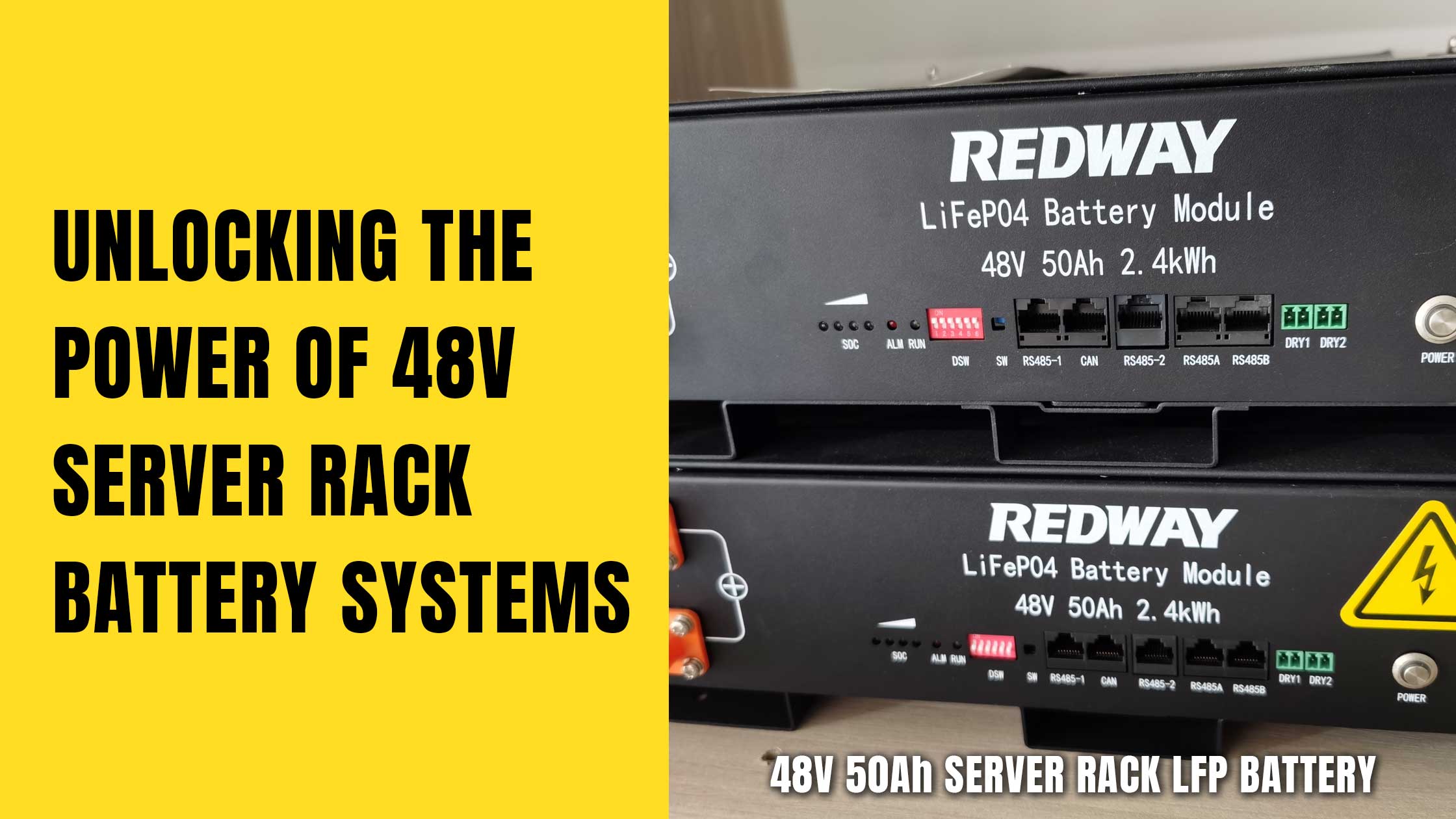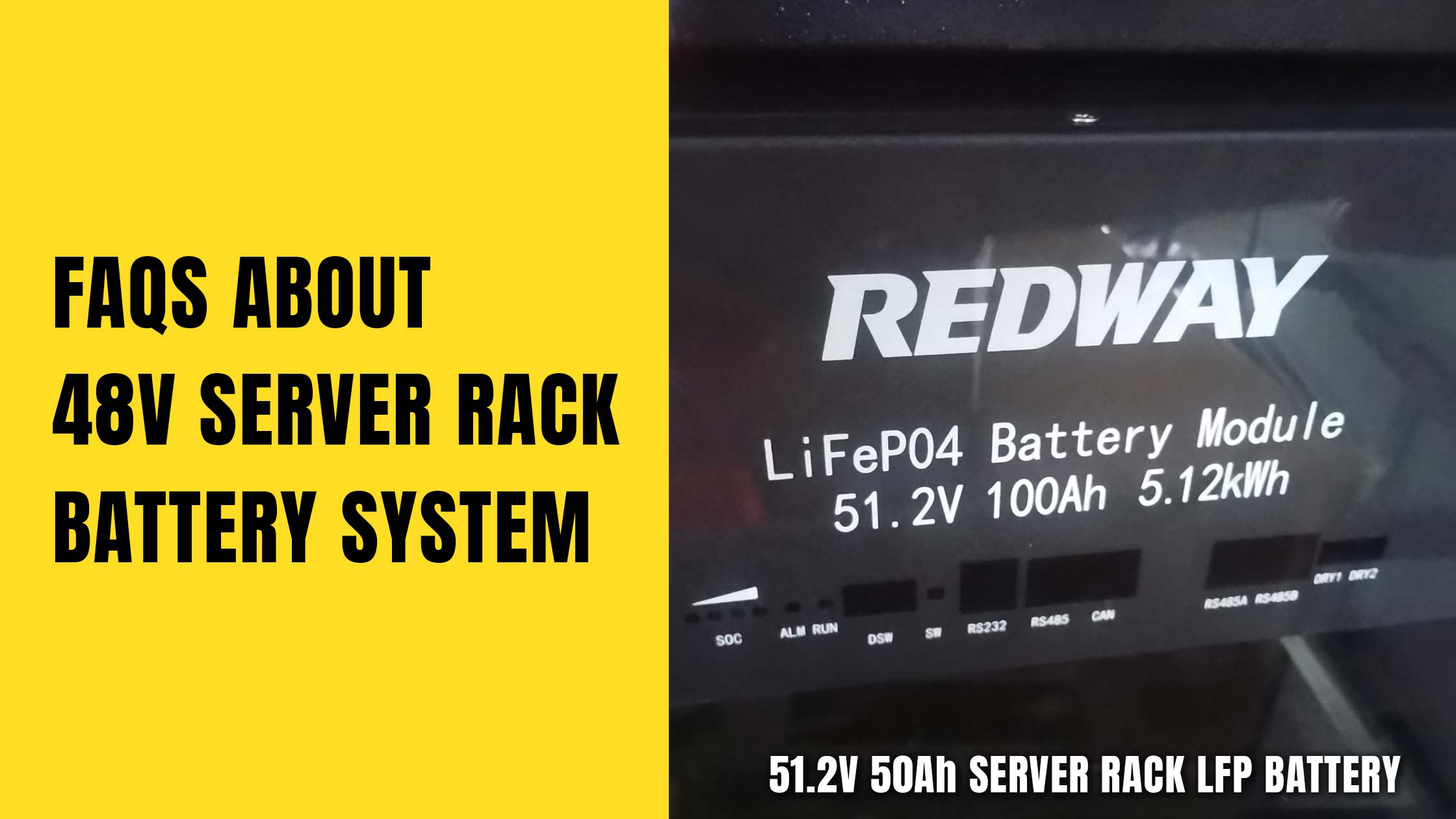- Lithium Golf Cart Battery
- Forklift Lithium Battery
-
48V
- 48V 210Ah
- 48V 300Ah
- 48V 420Ah (949 x 349 x 569 mm)
- 48V 420Ah (950 x 421 x 450 mm)
- 48V 456Ah
- 48V 460Ah (830 x 630 x 590 mm)
- 48V 460Ah (950 x 421 x 450 mm)
- 48V 460Ah (800 x 630 x 600 mm)
- 48V 460Ah (820 x 660 x 470 mm)
- 48V 500Ah
- 48V 560Ah (810 x 630 x 600 mm)
- 48V 560Ah (950 x 592 x 450 mm)
- 48V 600Ah
- 48V 630Ah
-
48V
- 12V Lithium Battery
12V 150Ah Lithium RV Battery
Bluetooth App | BCI Group 31
LiFePO4 Lithium
Discharge Temperature -20°C ~ 65°C
Fast Charger 14.6V 50A
Solar MPPT Charging - 24V Lithium Battery
- 36V Lithium Battery
- 48V Lithium Battery
-
48V LiFePO4 Battery
- 48V 50Ah
- 48V 50Ah (for Golf Carts)
- 48V 60Ah (8D)
- 48V 100Ah (8D)
- 48V 100Ah
- 48V 100Ah (Discharge 100A for Golf Carts)
- 48V 100Ah (Discharge 150A for Golf Carts)
- 48V 100Ah (Discharge 200A for Golf Carts)
- 48V 150Ah (for Golf Carts)
- 48V 160Ah (Discharge 100A for Golf Carts)
- 48V 160Ah (Discharge 160A for Golf Carts)
-
48V LiFePO4 Battery
- 60V Lithium Battery
-
60V LiFePO4 Battery
- 60V 20Ah
- 60V 30Ah
- 60V 50Ah
- 60V 50Ah (Small Size / Side Terminal)
- 60V 100Ah (for Electric Motocycle, Electric Scooter, LSV, AGV)
- 60V 100Ah (for Forklift, AGV, Electric Scooter, Sweeper)
- 60V 150Ah (E-Motocycle / E-Scooter / E-Tricycle / Tour LSV)
- 60V 200Ah (for Forklift, AGV, Electric Scooter, Sweeper)
-
60V LiFePO4 Battery
- 72V~96V Lithium Battery
- Rack-mounted Lithium Battery
- E-Bike Battery
- All-in-One Home-ESS
- Wall-mount Battery ESS
-
Home-ESS Lithium Battery PowerWall
- 24V 100Ah 2.4kWh PW24100-S PowerWall
- 48V 50Ah 2.4kWh PW4850-S PowerWall
- 48V 50Ah 2.56kWh PW5150-S PowerWall
- 48V 100Ah 5.12kWh PW51100-F PowerWall (IP65)
- 48V 100Ah 5.12kWh PW51100-S PowerWall
- 48V 100Ah 5.12kWh PW51100-H PowerWall
- 48V 200Ah 10kWh PW51200-H PowerWall
- 48V 300Ah 15kWh PW51300-H PowerWall
PowerWall 51.2V 100Ah LiFePO4 Lithium Battery
Highly popular in Asia and Eastern Europe.
CE Certification | Home-ESS -
Home-ESS Lithium Battery PowerWall
- Portable Power Stations
How to Unlock the Power of 48V Server Rack Battery Systems

Unlocking the power of 48V server rack battery systems is essential for ensuring reliable and efficient operation in data centers. These systems provide uninterrupted power supply, enhanced energy efficiency, and longer operational life. Understanding their features and benefits can help organizations make informed decisions about their power infrastructure.
What are the key features of 48V server rack battery systems?
48V server rack battery systems are designed to provide reliable power to critical infrastructure. Key features include:
- High Energy Density: These batteries offer a compact design while providing substantial energy storage.
- Scalability: Systems can be expanded easily by adding more battery units as needed.
- Integration with UPS: They seamlessly integrate with uninterruptible power supplies (UPS) to ensure continuous operation during outages.
These features make them ideal for data centers and other critical applications where downtime is not an option.
Chart: Key Features of 48V Server Rack Batteries
| Feature | Description |
|---|---|
| Energy Density | High capacity in a compact form factor |
| Scalability | Easy to expand with additional batteries |
| UPS Integration | Works seamlessly with existing UPS systems |
How do 48V server rack batteries operate effectively?
The operation of 48V server rack batteries involves several critical processes:
- Charging and Discharging: The batteries charge during low demand periods and discharge during peak usage or outages.
- Battery Management System (BMS): A BMS monitors each cell’s voltage, temperature, and state of charge to optimize performance and safety.
- Load Balancing: Ensures even distribution of power across connected devices, enhancing efficiency.
This operational framework ensures that the system remains efficient and responsive to varying power demands.
Chart: Operation Process of 48V Server Rack Batteries
| Process | Description |
|---|---|
| Charging | Occurs during low demand |
| Discharging | Provides power during outages or peak usage |
| BMS Monitoring | Optimizes performance and safety |
Why should you choose lithium-ion technology for your server racks?
Lithium-ion technology offers several advantages over traditional lead-acid batteries:
- Longer Lifespan: Lithium-ion batteries typically last longer, with cycle lives exceeding 5000 cycles at 80% depth of discharge (DOD).
- Higher Efficiency: They have higher round-trip efficiency, meaning more energy is usable.
- Lower Maintenance: Lithium-ion systems require less frequent maintenance compared to lead-acid counterparts.
These benefits make lithium-ion an attractive choice for modern data center applications.
What benefits do 48V battery systems offer for data centers?
Implementing 48V battery systems in data centers provides numerous advantages:
- Cost Savings: Reduced operational costs due to lower energy consumption and maintenance requirements.
- Improved Reliability: Enhanced uptime through reliable power delivery, critical for business continuity.
- Environmental Impact: Higher efficiency translates to lower carbon footprints, aligning with sustainability goals.
These benefits contribute significantly to the overall performance and cost-effectiveness of data center operations.
Chart: Benefits of Using 48V Battery Systems
| Benefit | Description |
|---|---|
| Cost Savings | Lower operational costs |
| Improved Reliability | Enhanced uptime and business continuity |
| Environmental Impact | Reduced carbon footprint |
How can you maintain and extend the life of your server rack batteries?
To ensure longevity in server rack batteries, follow these maintenance tips:
- Regular Monitoring: Check voltage levels and temperatures frequently using the BMS.
- Proper Ventilation: Ensure adequate airflow around battery units to prevent overheating.
- Scheduled Maintenance: Perform routine inspections and maintenance as recommended by manufacturers.
Implementing these practices can significantly extend the lifespan of your battery systems.
What specifications should you consider when selecting a 48V battery system?
When choosing a 48V battery system, consider these specifications:
- Capacity: Measured in amp-hours (Ah), indicating how much energy can be stored.
- Cycle Life: The number of charge-discharge cycles before capacity significantly diminishes.
- Discharge Rate: The speed at which energy can be drawn from the battery, critical for high-demand applications.
Understanding these specifications helps ensure that you select a system that meets your operational needs.
How does energy efficiency impact server performance?
Energy efficiency plays a vital role in overall server performance:
- Reduced Heat Generation: More efficient systems generate less heat, leading to lower cooling costs.
- Lower Energy Costs: Efficient power usage translates directly into cost savings on electricity bills.
- Enhanced Performance Stability: Consistent power delivery improves overall system reliability and performance.
By prioritizing energy-efficient solutions, organizations can enhance their operational effectiveness while reducing costs.
FAQ Section
Q1: What types of applications benefit from 48V server rack batteries?
A1: Data centers, telecommunications, industrial automation, and any critical infrastructure requiring reliable power supply benefit from these systems.Q2: Can I use lead-acid batteries instead of lithium-ion in my server racks?
A2: While lead-acid batteries can be used, they generally have shorter lifespans, lower efficiency, and higher maintenance needs compared to lithium-ion options.Q3: How often should I perform maintenance on my battery system?
A3: Regular monitoring should be conducted monthly, with comprehensive maintenance checks performed at least annually or as recommended by the manufacturer.
Industrial News
Recent trends in the industry highlight a growing shift towards renewable energy sources integrated with advanced battery technologies. Companies are increasingly adopting 48V lithium-ion solutions for their scalability and efficiency. Innovations in smart grid technologies are also enhancing how these systems operate within larger energy management frameworks, promoting sustainability while ensuring reliability in power supply across various sectors.
Redway Power Insights
“Embracing advanced battery technologies like lithium-ion is not just about immediate gains; it’s about future-proofing our energy infrastructure,” states an expert from Redway Power. “As we move towards more sustainable practices, integrating efficient power solutions into our operations will be key to maintaining competitiveness in an evolving market.”













